Coronavirus: When Each Automaker Will Restart US Production

After weeks of down time, North American automaker production plants are gearing up for a return to work.
For the latest information on the COVID-19 pandemic, make sure to check the World Health Organization website.
With most plants going quiet in mid-March, the initial plan at most was for a two-week suspension. As COVID-19 continues to spread, however, that was not to be, with manufacturers like Ford announcing an extension—and plans to build much-needed respirators and other medical equipment.
We’ve compiled a list of tentative restart dates for most automakers, and will keep the info updated as we hear more. Keep an eye on this, as well as the updated list of what deals and support programs automakers are offering during the ongoing pandemic.
SEE ALSO: Coronavirus: All the Deals and Support Programs Automakers are OfferingUPDATE HISTORY
May 11, 09:00 EST – The Detroit Big Three target May 18 for a gradual production restart.
April 16, 19:00 EST – Nearly all automakers have pushed back their intended production restarts to the early days of May.
April 7, 10:00 EST – FCA targeting May 3 to “progressively restart” production, Honda extends shutdown to May 1.
April 2, 09:00 EST – Nissan announces factories will remain closed in April.
April 1, 13:00 EST – Ford has delayed production through the end of April.
BMW
BMW originally planned on shutting its Spartanburg, South Carolina plant for two weeks, from April 3 to 19. The plant produces most of its SUV lineup, from the X3 through to the X7. However, supply chain disruptions brought the stop forward, with production halting March 25. BMW Plant Spartanburg will remain closed until at least April 30.
Ferrari
No, Ferrari doesn’t have a North American production plant. However, Italy is the European epicenter for COVID-19, with over 97,000 cases as of March 30. So it’s worth noting Ferrari is aiming to restart production at its Maranello and Modena plants April 14, so long as suppliers and safety allow.
April 15 Update: Ferrari has extended its suspension to May 3.
Fiat Chrysler Automobiles
FCA is now targeting May 4 for resumed production at its Canada and United States plants. Products affected by the current shutdown include the Dodge Charger, Dodge Challenger, Chrysler 300, and Chrysler Pacifica (all produced in Canada), as well as numerous Jeep and Ram models.
May 11 Update: FCA was one of the first to officially announce a May 18 production restart. The automaker worked closely with the United Auto Workers union to develop its restart plan, which sees most production plants open next week.
Ford and Lincoln
Ford announced on March 31 that all car production was delayed indefinitely. The vast majority of the brand’s current lineup is produced in the US, including the F-Series, Escape, Explorer, Expedition and Mustang. The Ford Bronco is set to start production later this year at the Michigan Assembly Plant, alongside the Ranger. There are also three plants in Canada: one in Oakville, Ontario, producing the Ford Edge and Lincoln Nautilus, and two engine plants.
However, the Blue Oval is still planning to open its Ypsilanti, Michigan plant during the week of April 20 to produce much-needed ventilators, according to Reuters.
May 11 Update: Ford announced a gradual production restart target date of May 18. In the beginning it will focus on “bringing back the first wave of employees that are not able to do their jobs remotely.” Ford’s Canadian production plants will restart a week later, on May 25.
General Motors
Right after FCA announced a May 18 restart, General Motors did the same. Like other domestic automakers, the General has been building ventilators and medical equipment since halting vehicle production mid-March.
The production stoppage—plus a previous UAW delay—will make the new-for-2020 Corvette one of the rarest of the breed. Other products have been moved to next year, though General Motors remains committed to other big reveals this year such as the GMC Hummer and Cadillac Lyriq.
Honda and Acura
Honda may be a Japanese brand, but nearly all of its current offerings are built right in the US of A. Across four plants in Ohio, Alabama and Indiana, Honda produces the Civic, Accord, Odyssey, CR-V, Passport, Pilot and Ridgeline. These plants also produce the Acura ILX, TLX, RDX, MDX and NSX. A solo plant in Canada adds yet more Civics and CR-Vs. The brand extended an earlier production halt to at least May 1.
Honda started production again on May 11.
Hyundai
Hyundai has a sole production plant in Montgomery, Alabama. The location is responsible for production of the Elantra, Sonata, and Santa Fe. Currently the plan calls for production to resume on May 4.
Kia
Like its fellow South Korean sibling, Kia pushed back its original production restart date. Originally set for early April, Kia is now targeting April 27. Its plant in West Point, Georgia builds one car and two crossovers: the Optima, Sorento and Telluride.
Mercedes-Benz
Mercedes’ main American production plant is located in Vance, Alabama. The plant employs roughly 3,800 people to produce the GLE (in both body styles) and the GLS full-size SUV. Mercedes originally stated the plant would close for two weeks starting March 23, suggesting a return of April 6. The latest word out of the German automaker is that production won’t restart until at least April 20.
Nissan
Nissan has two plants in America (Tennessee and Mississippi), where it produces everything from its electric Leaf through to the full-size Titan pickup. Production stopped at both by March 20; as of April 1 Nissan has stated both plants will remain closed through April.
Polestar
Polestar, like Ferrari, is not US-based. We’ve included it for a rather unlikely stat: amidst the closures of plants in America, Polestar quietly announced production of its second model, the aptly named Polestar 2, had begun in China. The company has said it has taken extra precautions at the plant responsible for the new electric sedan.
Subaru
Subaru’s Lafayette, Indiana plant, which produces the Impreza, Legacy, Outback and Ascent, was originally going to resume production March 30. It has since extended the down-time to April 6, and most recently again through May 8.
Tesla
Right as production of the Model Y was coming on stream, Tesla was required to shutter its California plant due to Bay Area shelter-in-place orders. While it initially continued production, Tesla relented two days after the order went out. The current end date for the shelter-in-place order is April 7, though that may change.
April 16 Update: In accordance with Alameda County’s continued shelter-in-place order, Tesla’s Fremont factory production won’t restart until at least May 4.
Toyota and Lexus
Toyota is, at the time of writing (March 30), the odd one out: the largest Japanese automaker announced it won’t restart US and Canadian production until at least April 20. That’s a week or two longer than others on this list. The company has four plants in the US, producing the Corolla, Camry, Avalon, Lexus ES350, RAV4 Hybrid, Sienna, Sequoia, Tundra and Tacoma. In addition, two Canadian plants in Cambridge and Woodstock, Ontario build the Corolla, RAV4, and Lexus RX.
April 8 Update: Toyota announced all production will remain on hold through April, with a new May 4 restart target.
Volkswagen
The Volkswagen production plant in Chattanooga, Tennessee was set to be one of the first to restart production, on April 5. The plant, which opened in 2011, produces the Passat, Atlas, and newly-introduced Atlas Cross Sport.
April 9 Update: Starting April 11, VW furloughed some 2,500 employees at the factory for “no more than four weeks.” A revised production start date is not currently available.
Volvo
Volvo’s South Carolina plant only opened two years ago, but the COVID-19 pandemic has forced it closed. The Swedish brand announced a three-week closure in mid-March, aligning with its factories back in Europe. The Ridgeville plant will hopefully resume production on April 14.
April 10 Update: The Charleston, South Carolina plant is now scheduled to restart production May 4.

Kyle began his automotive obsession before he even started school, courtesy of a remote control Porsche and various LEGO sets. He later studied advertising and graphic design at Humber College, which led him to writing about cars (both real and digital). He is now a proud member of the Automobile Journalists Association of Canada (AJAC), where he was the Journalist of the Year runner-up for 2021.
More by Kyle Patrick



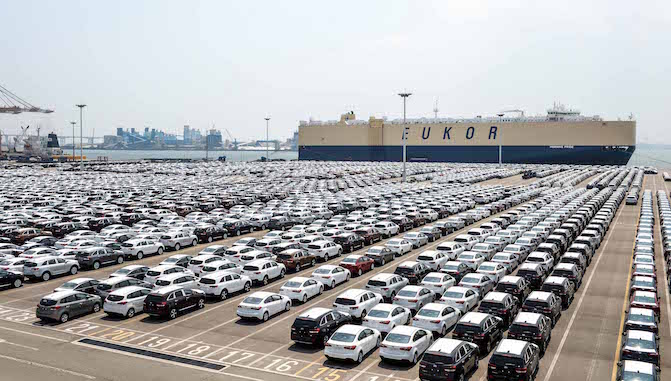

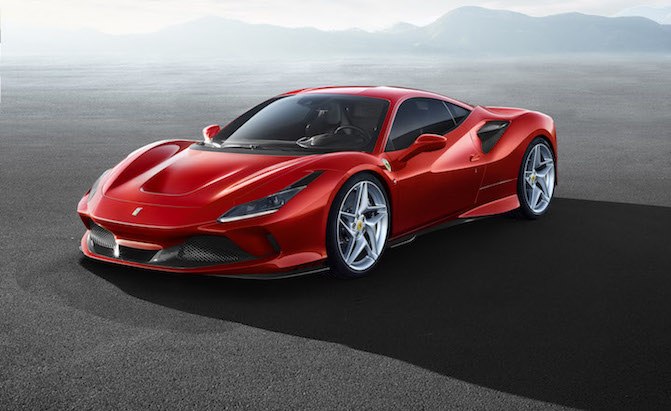





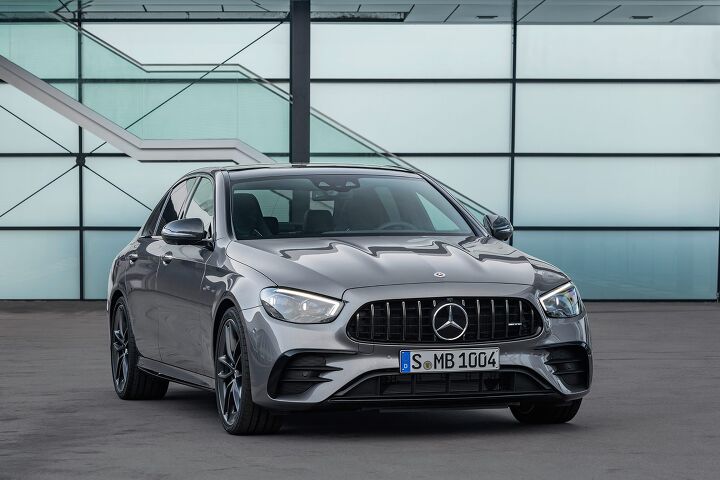
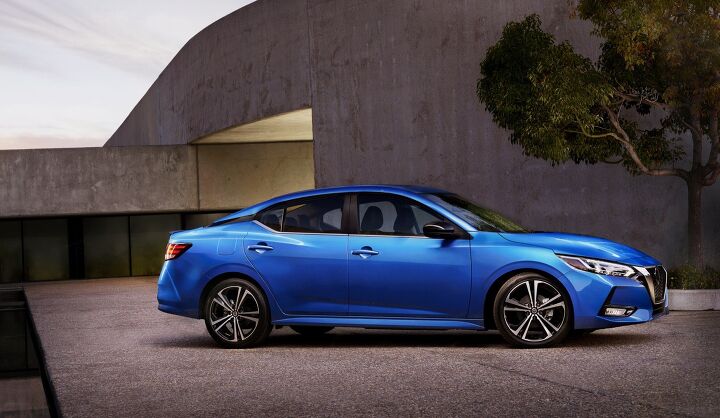
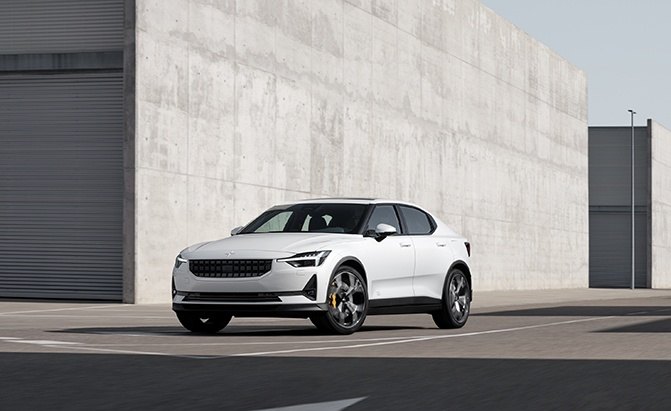

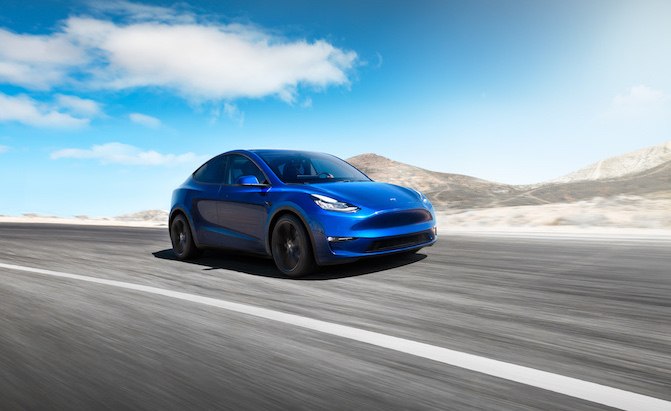

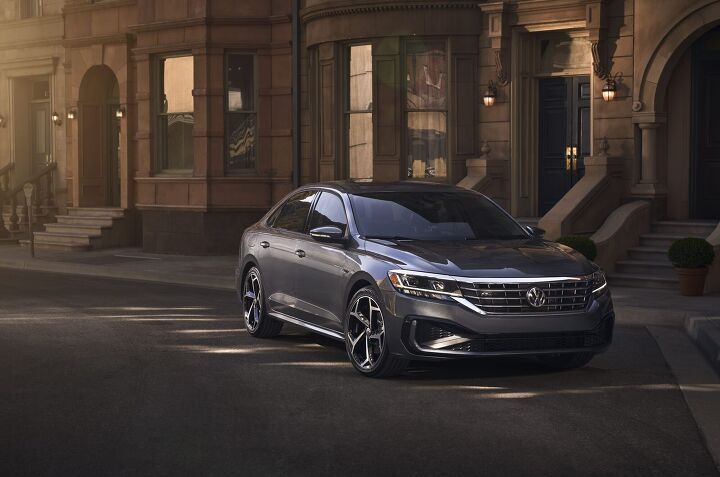














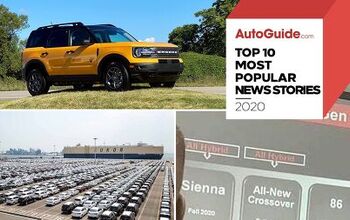















Comments
Join the conversation